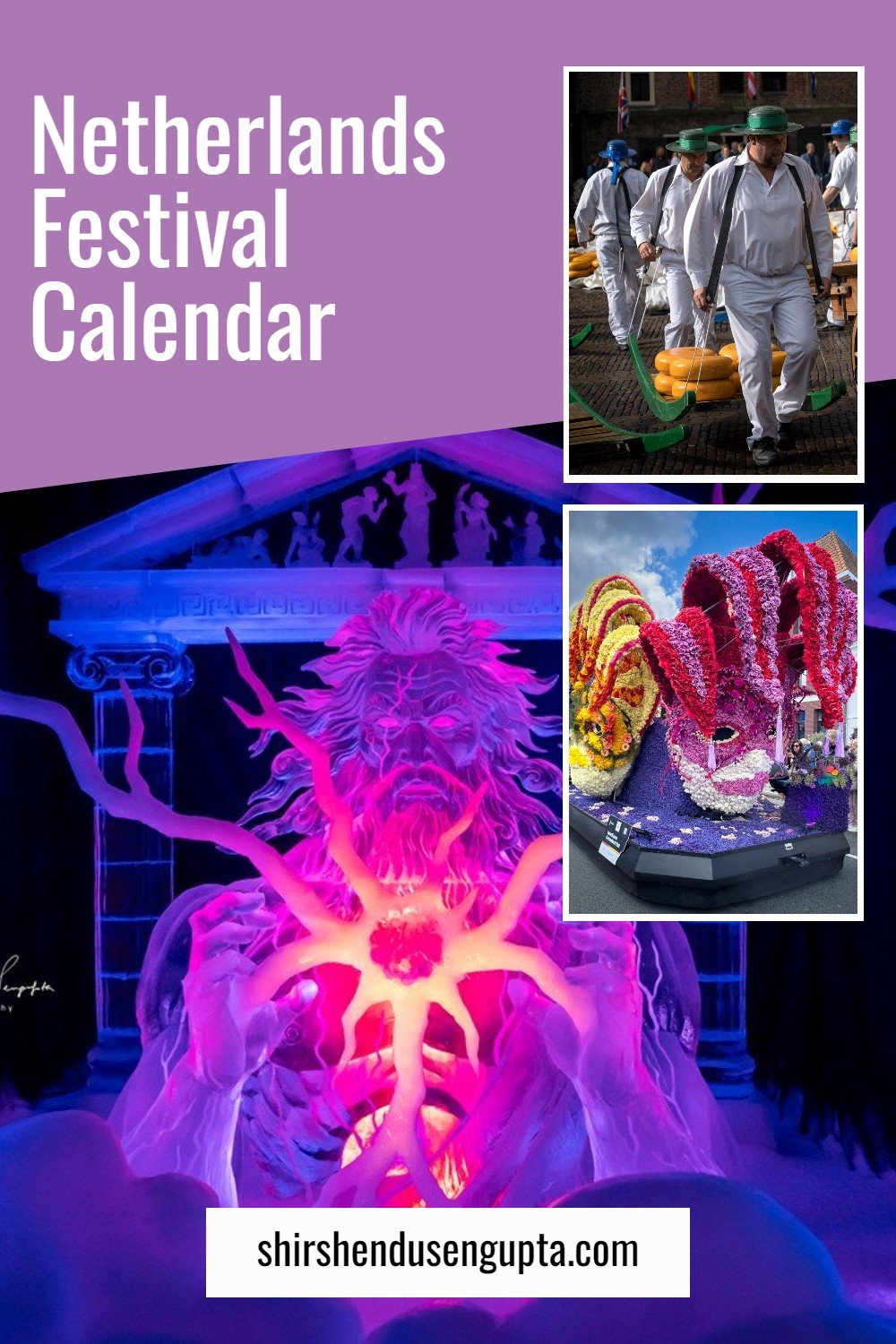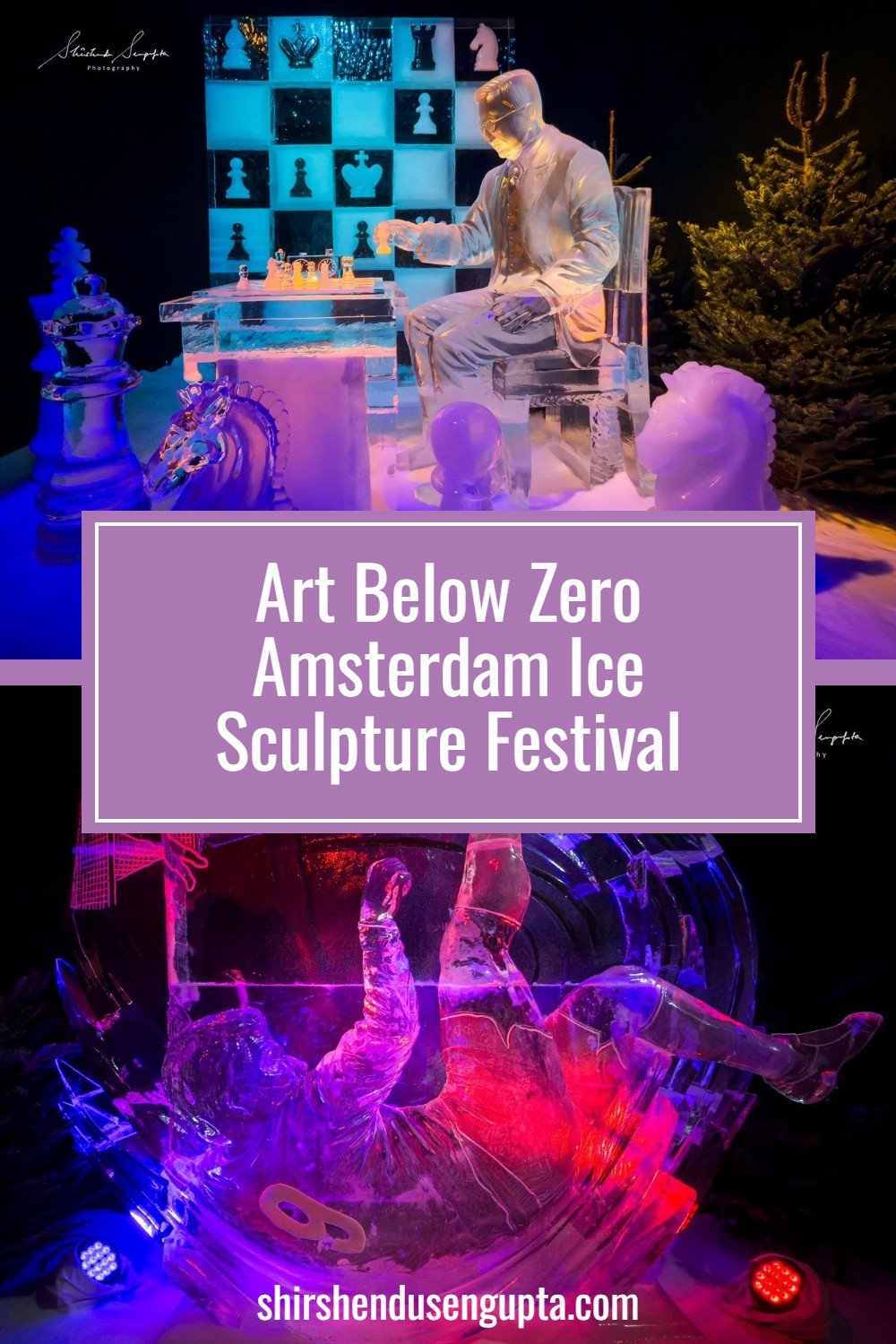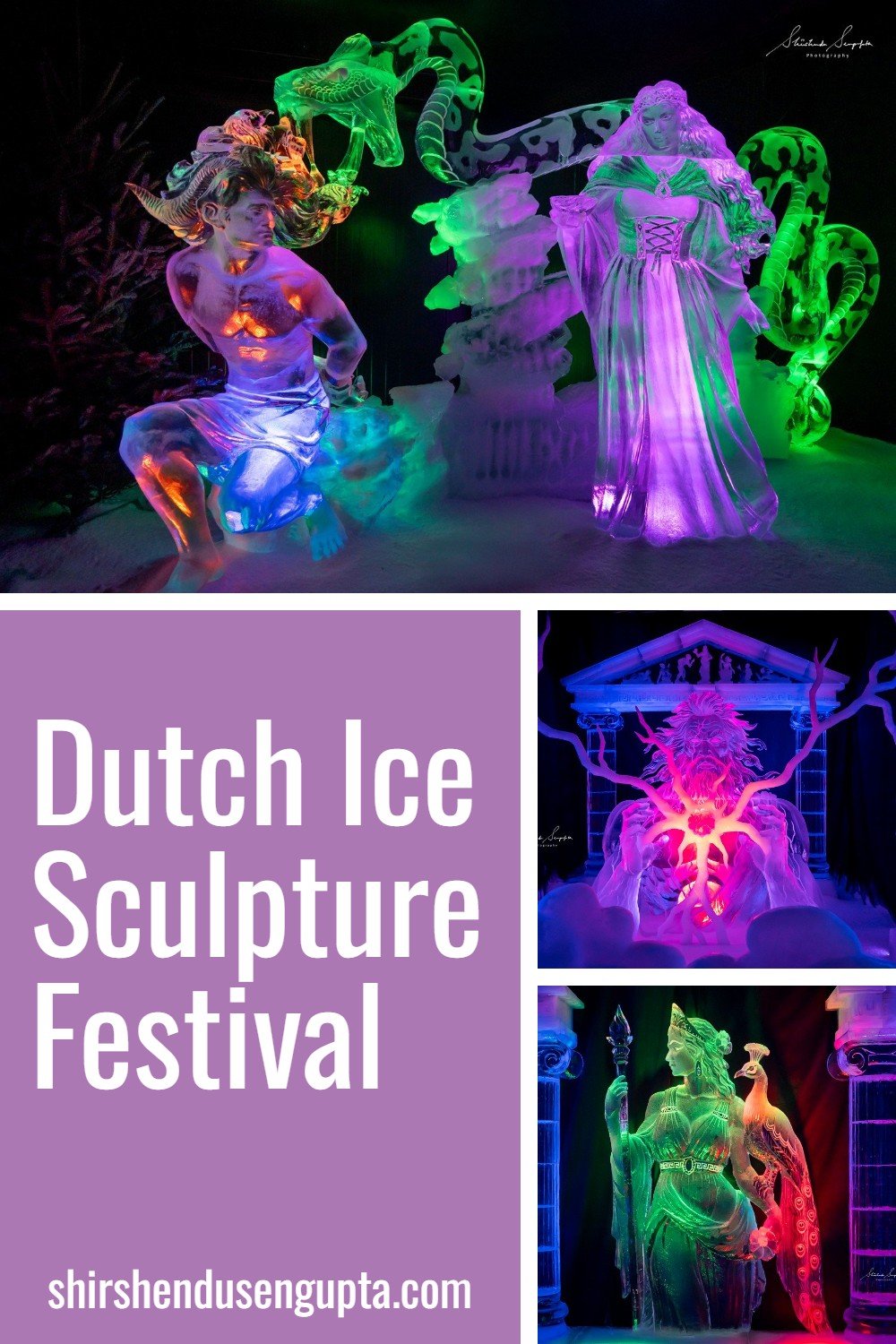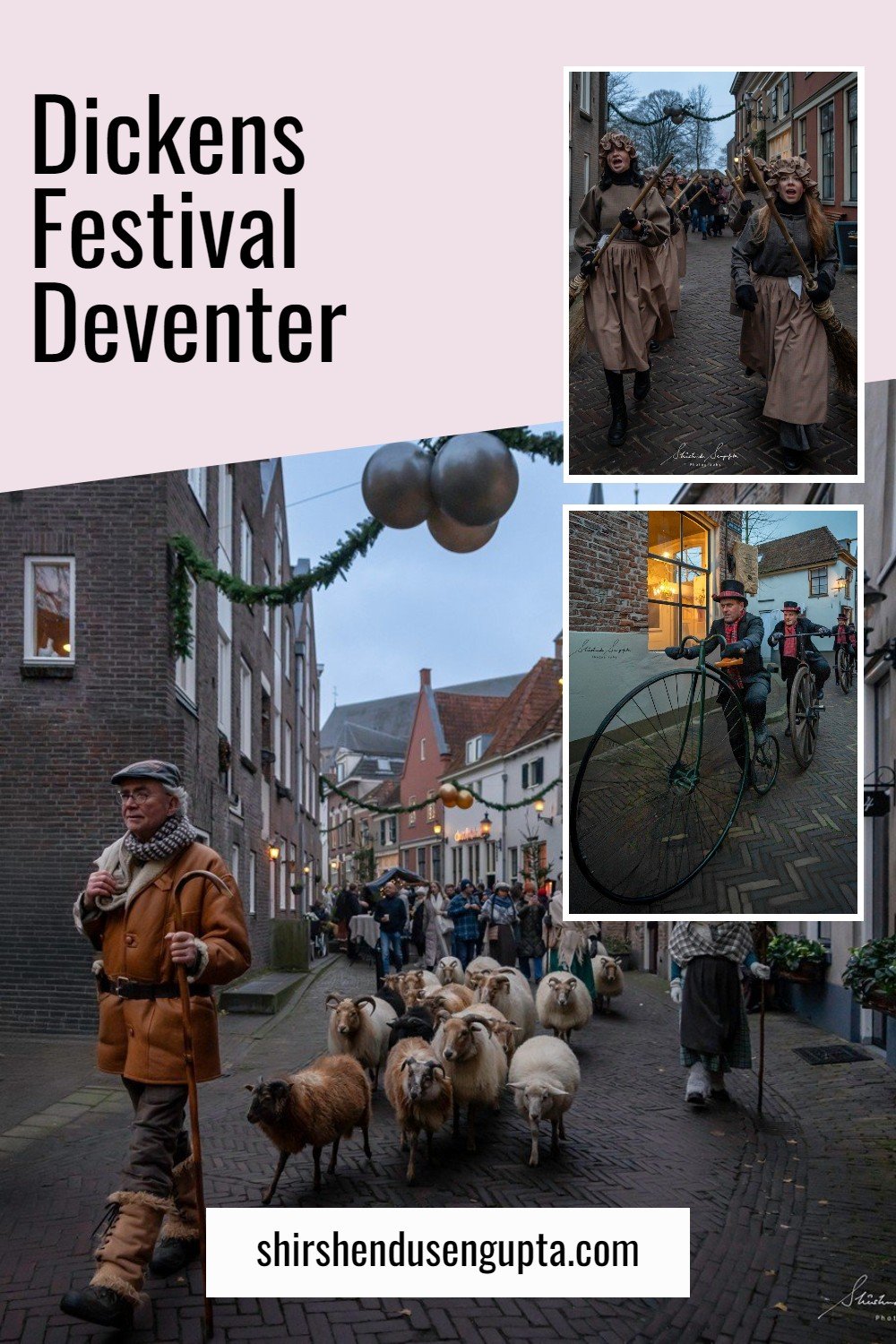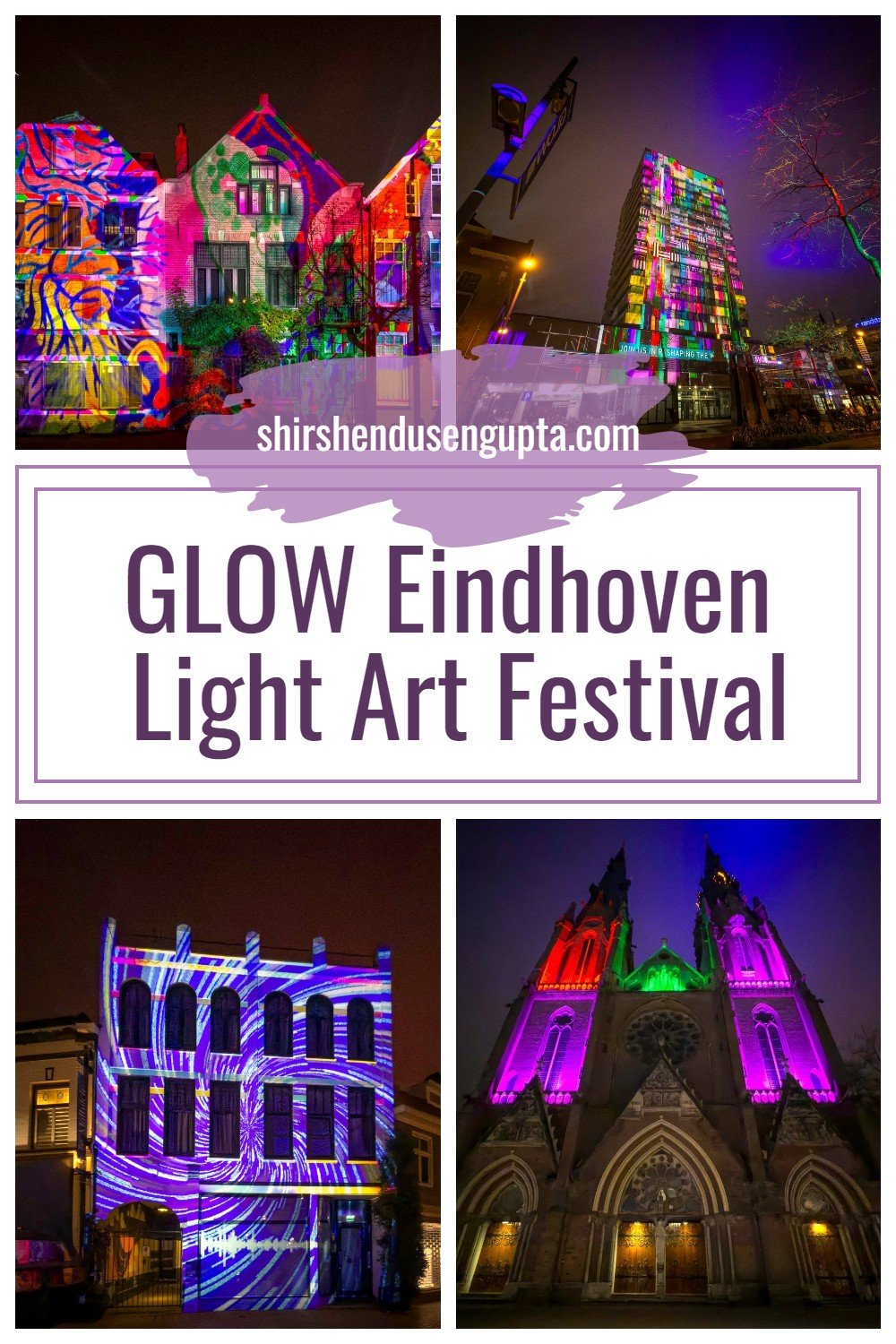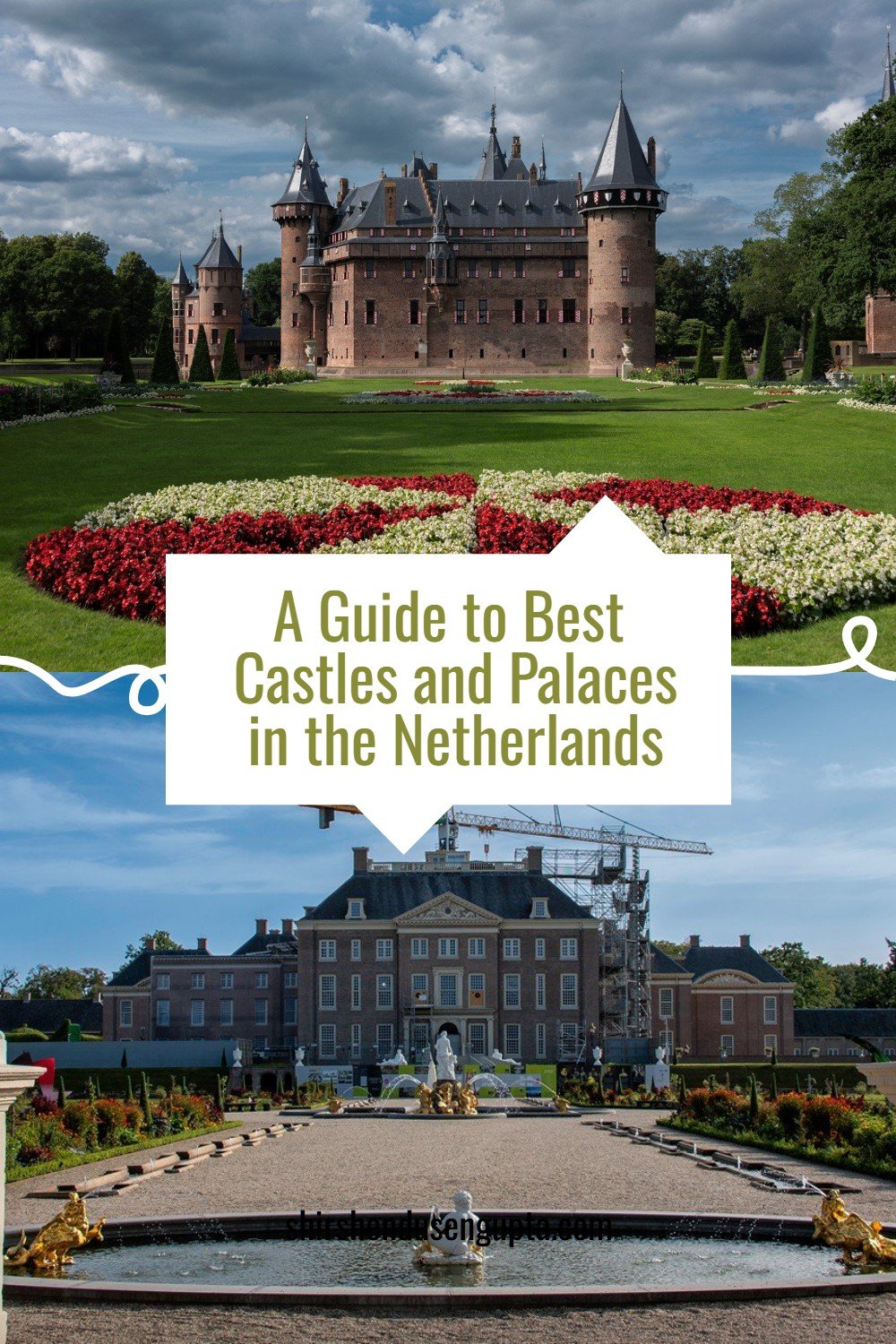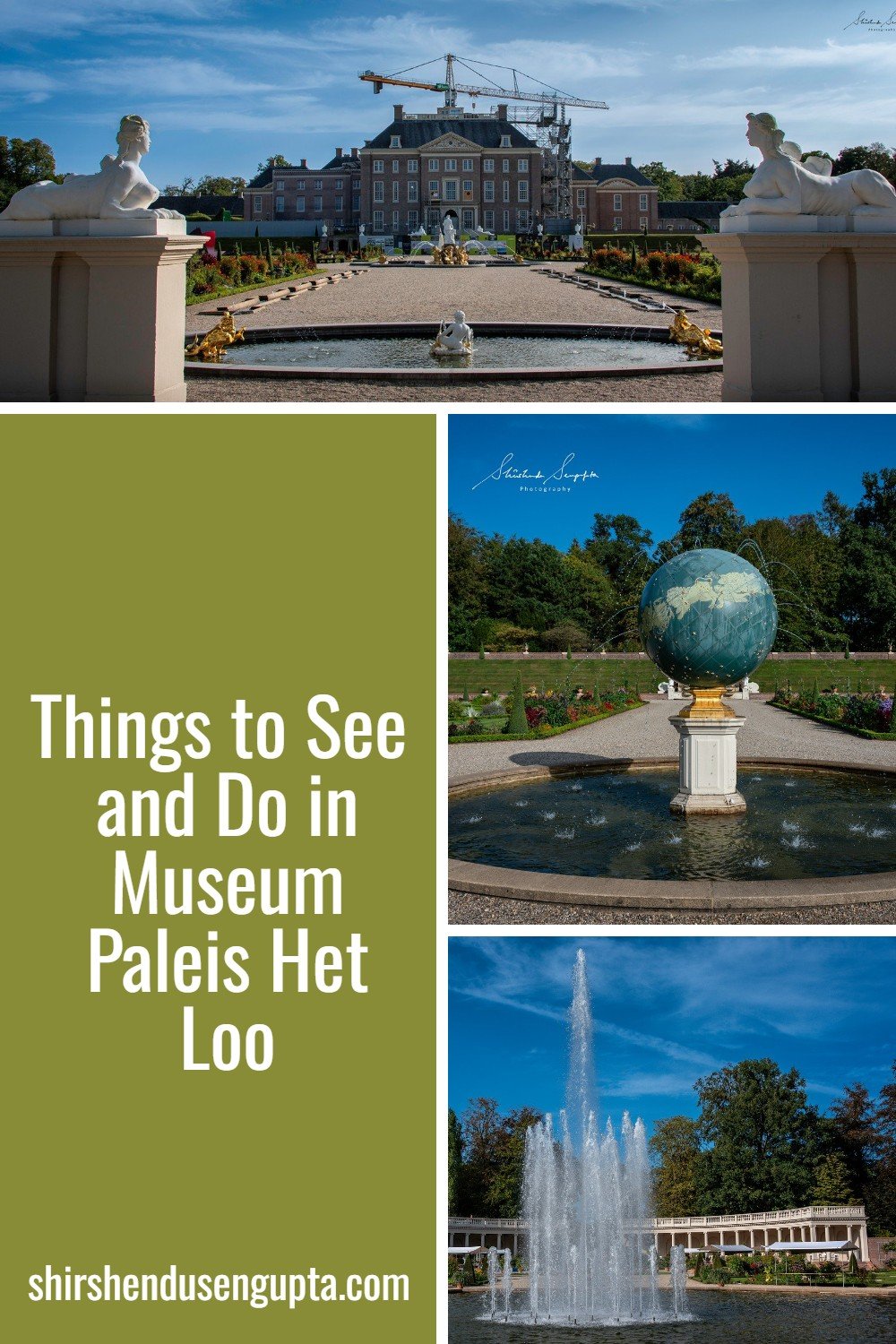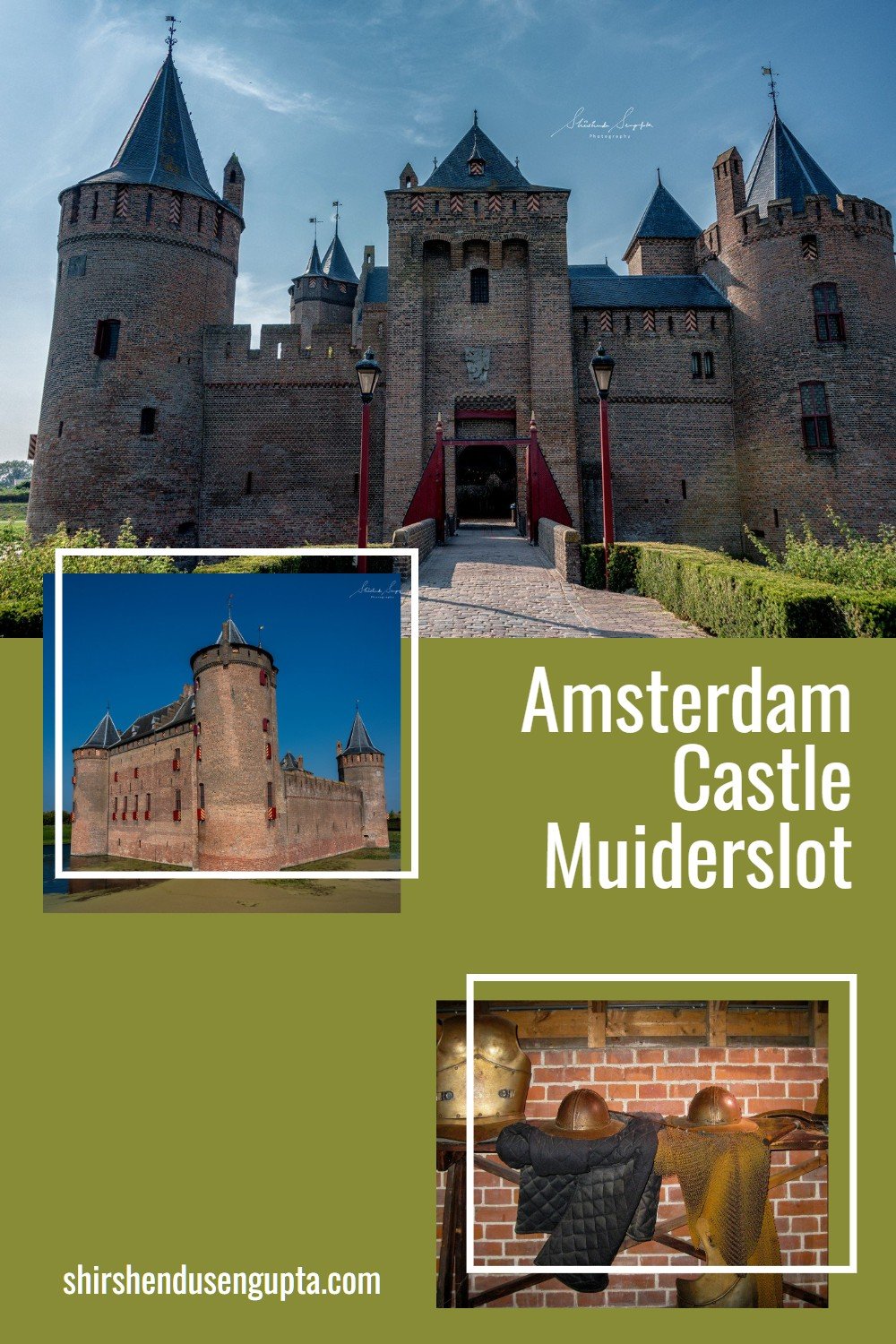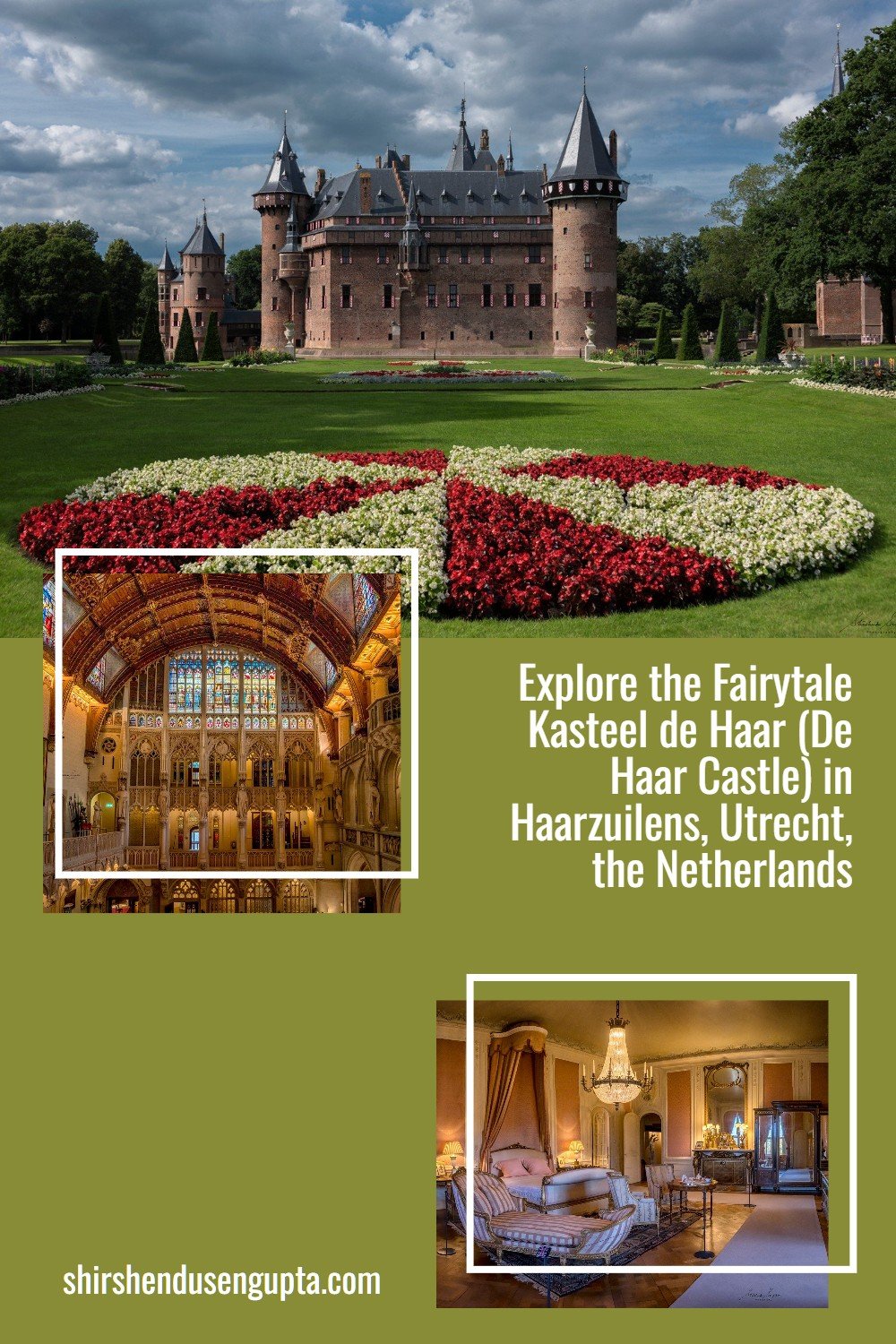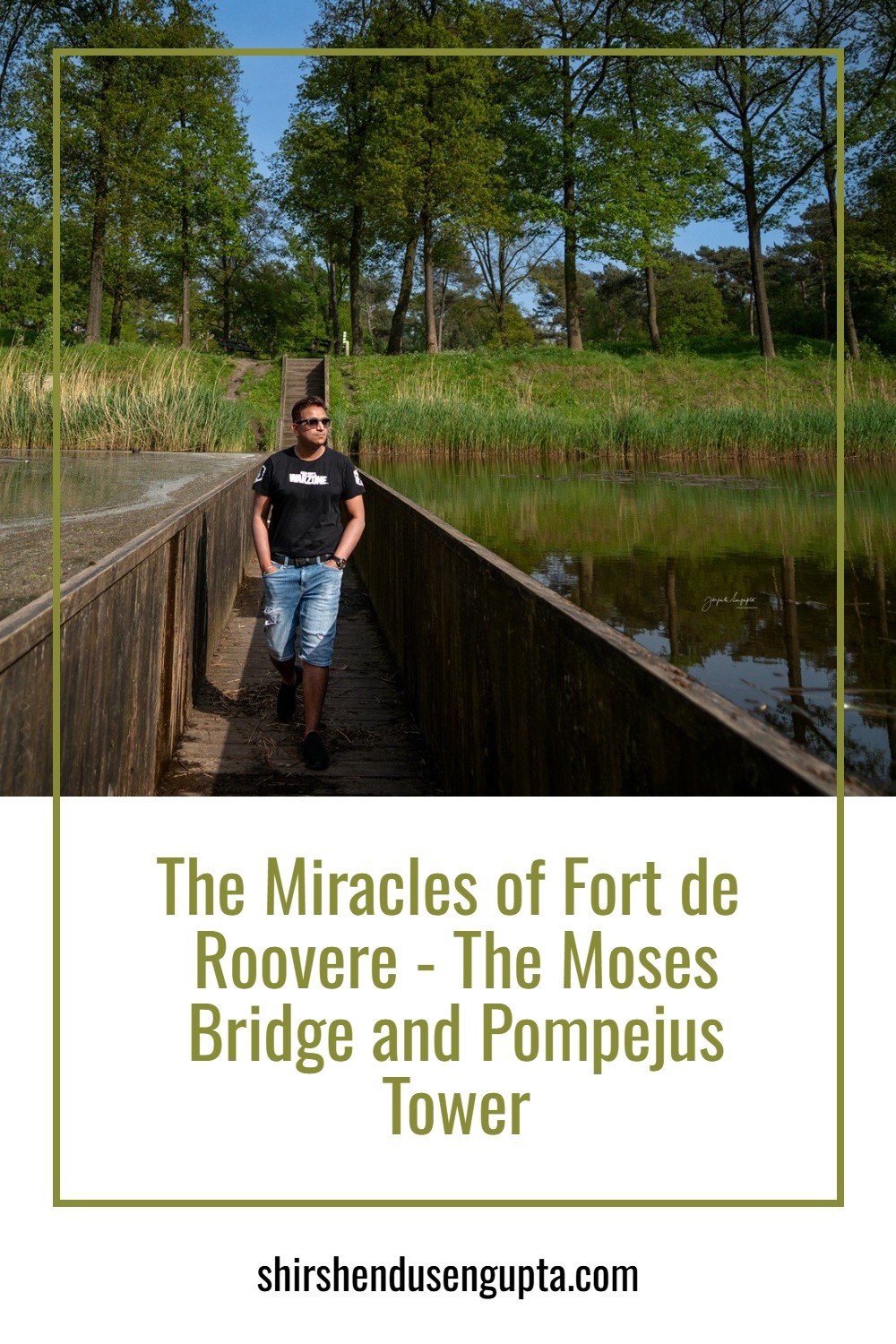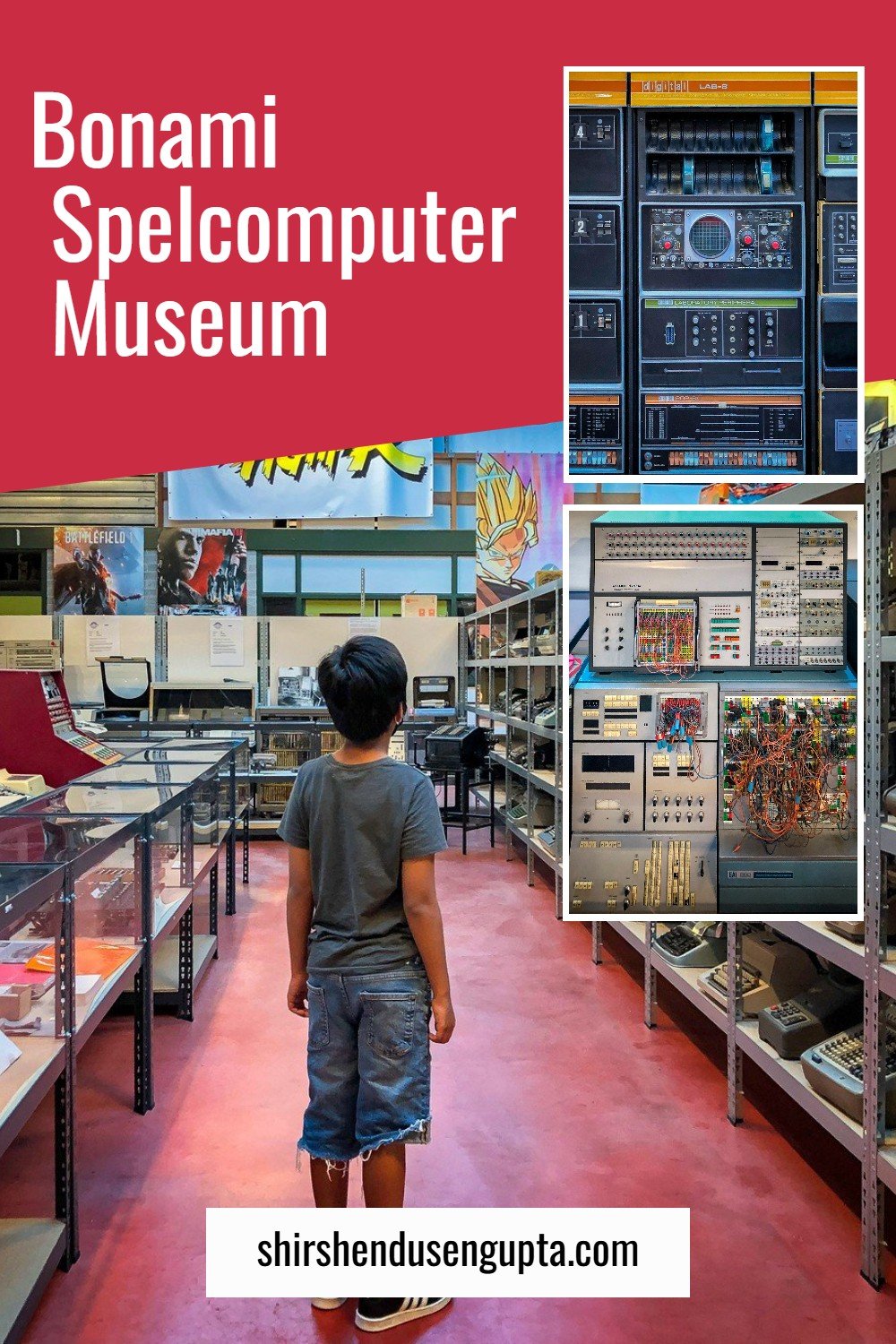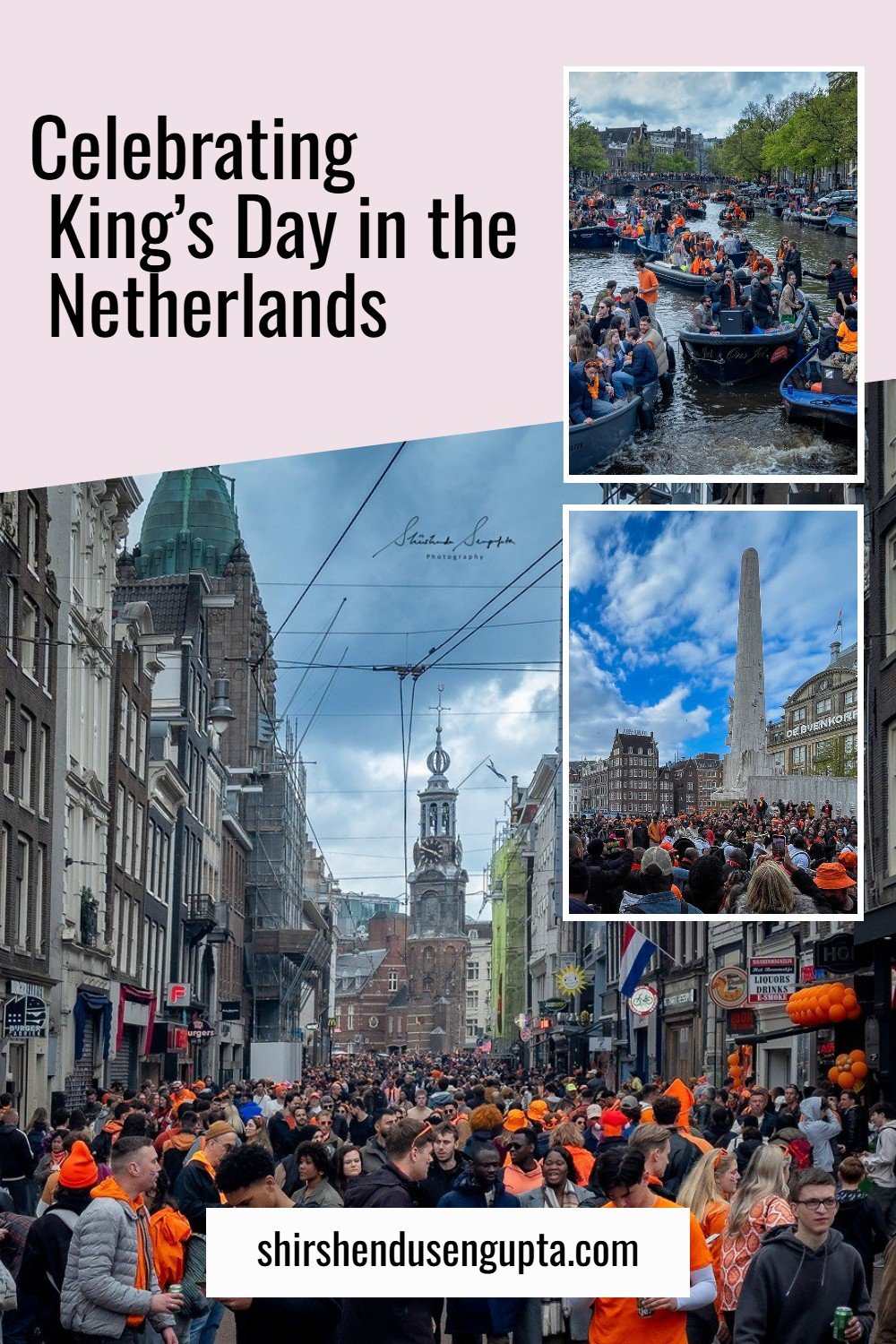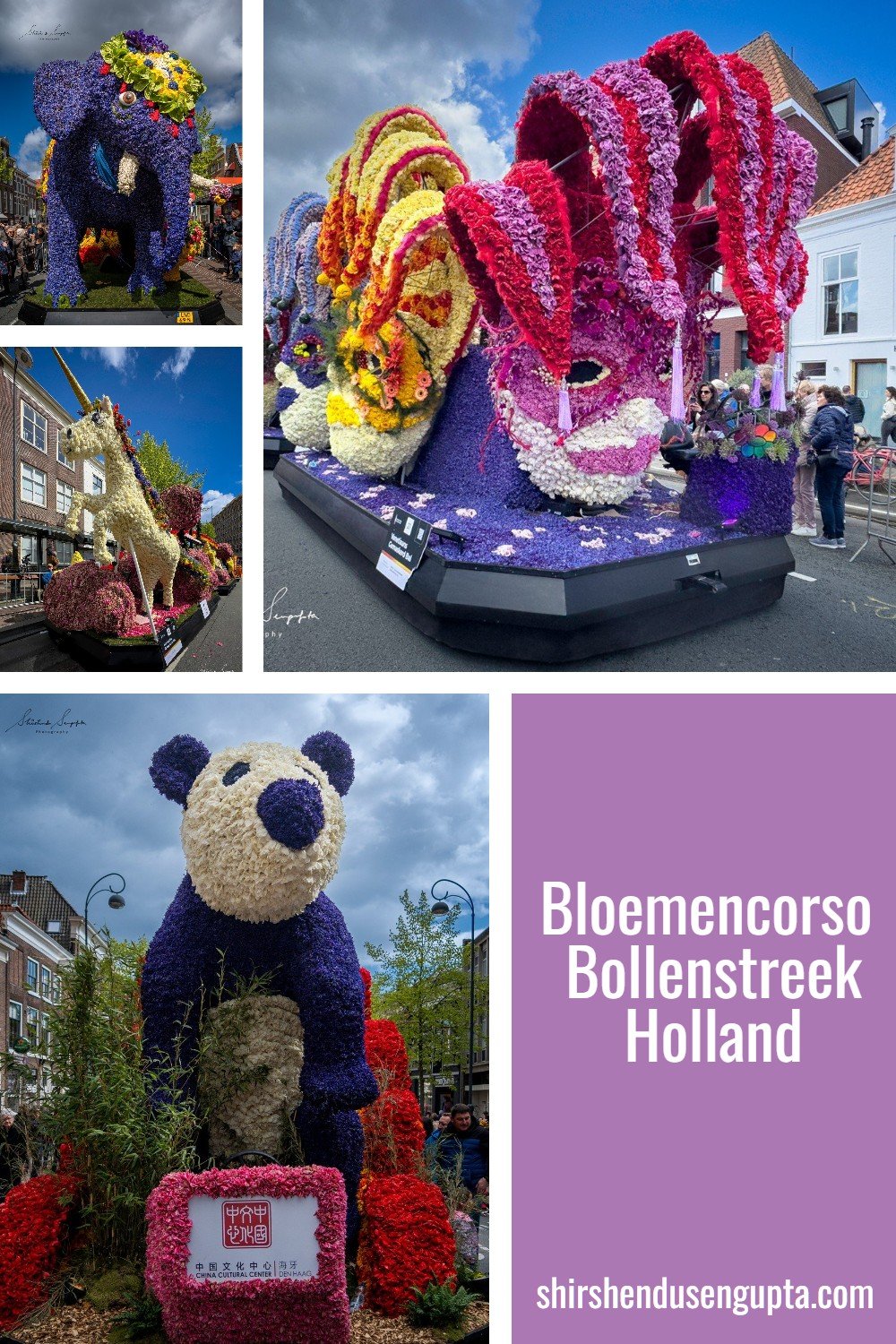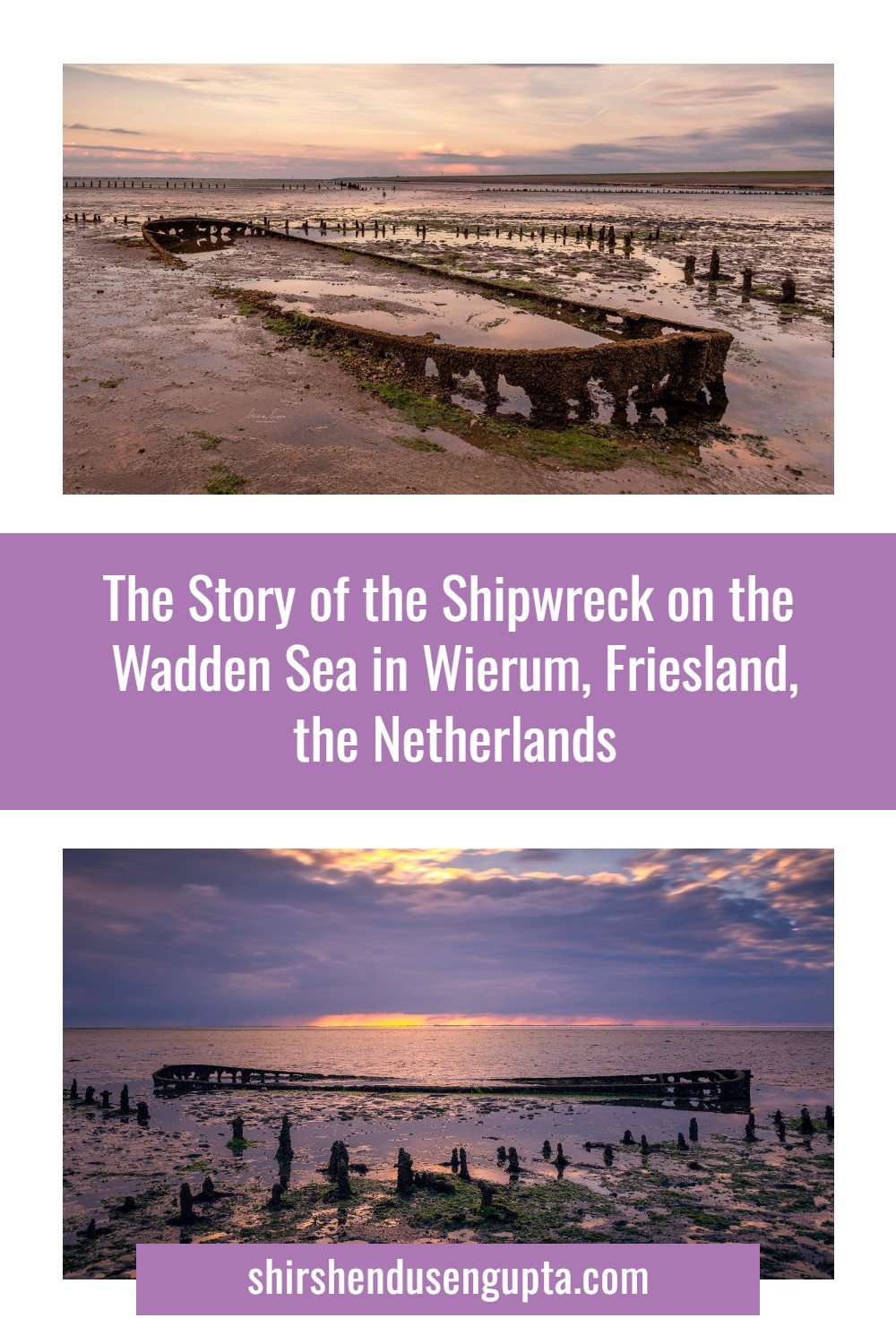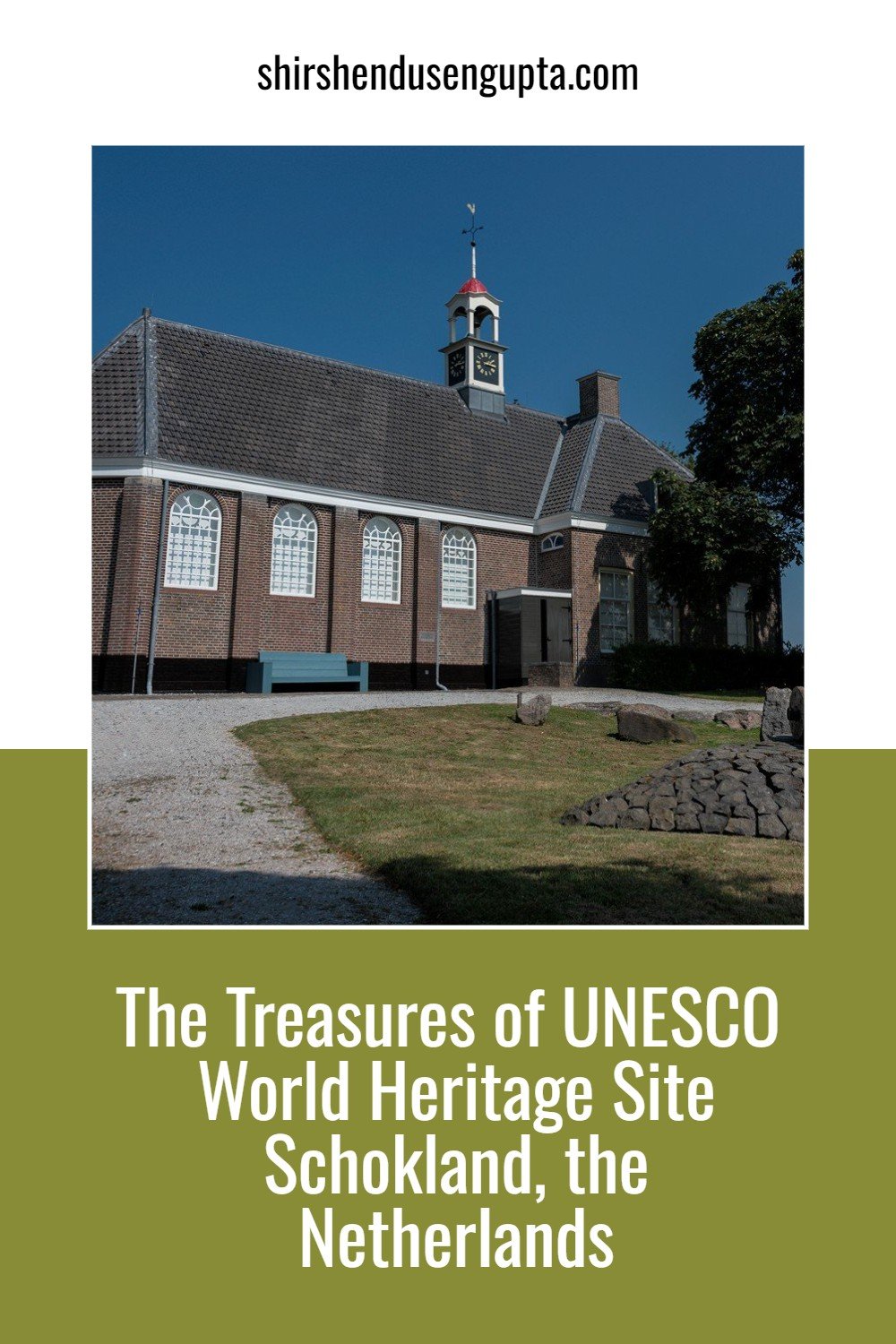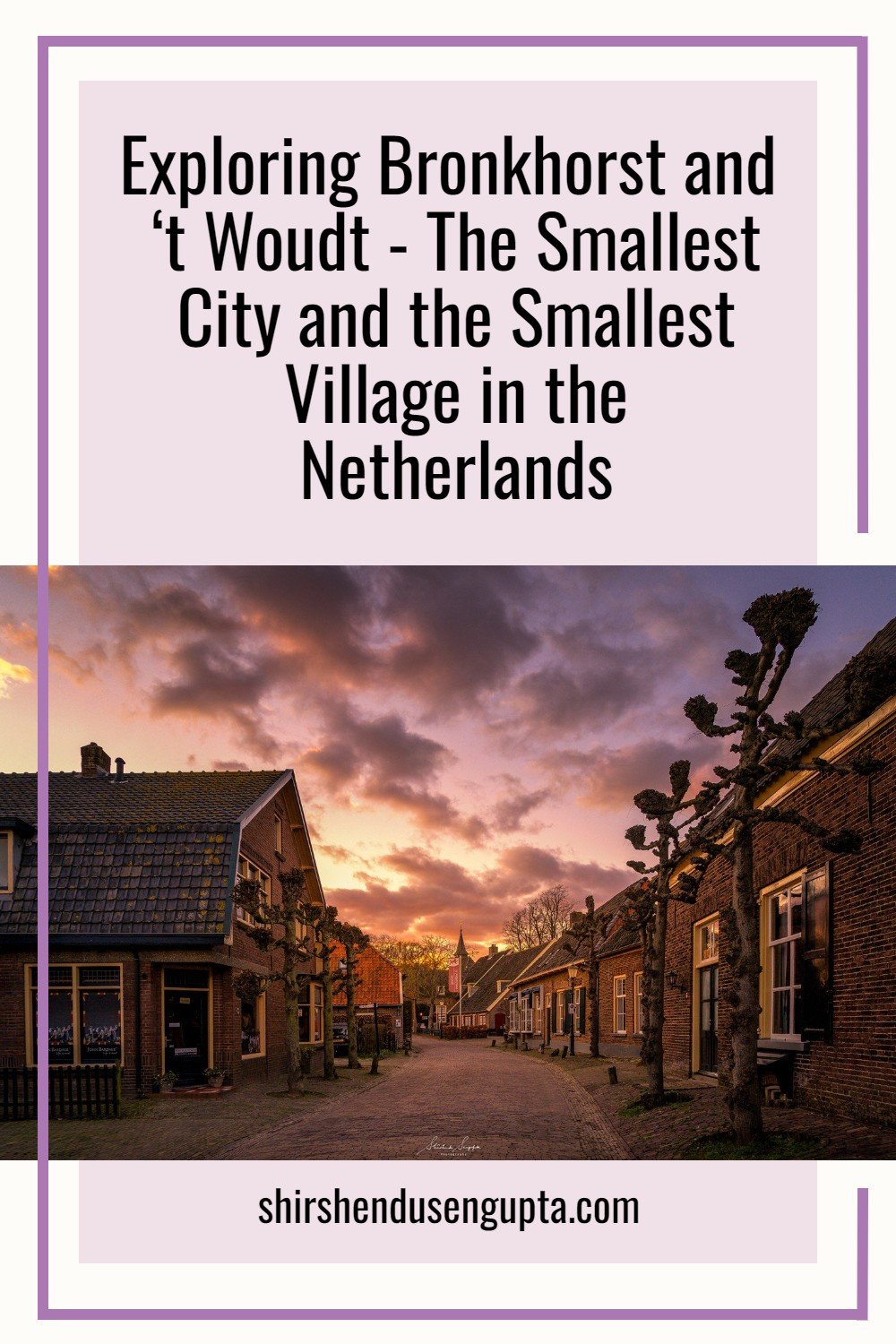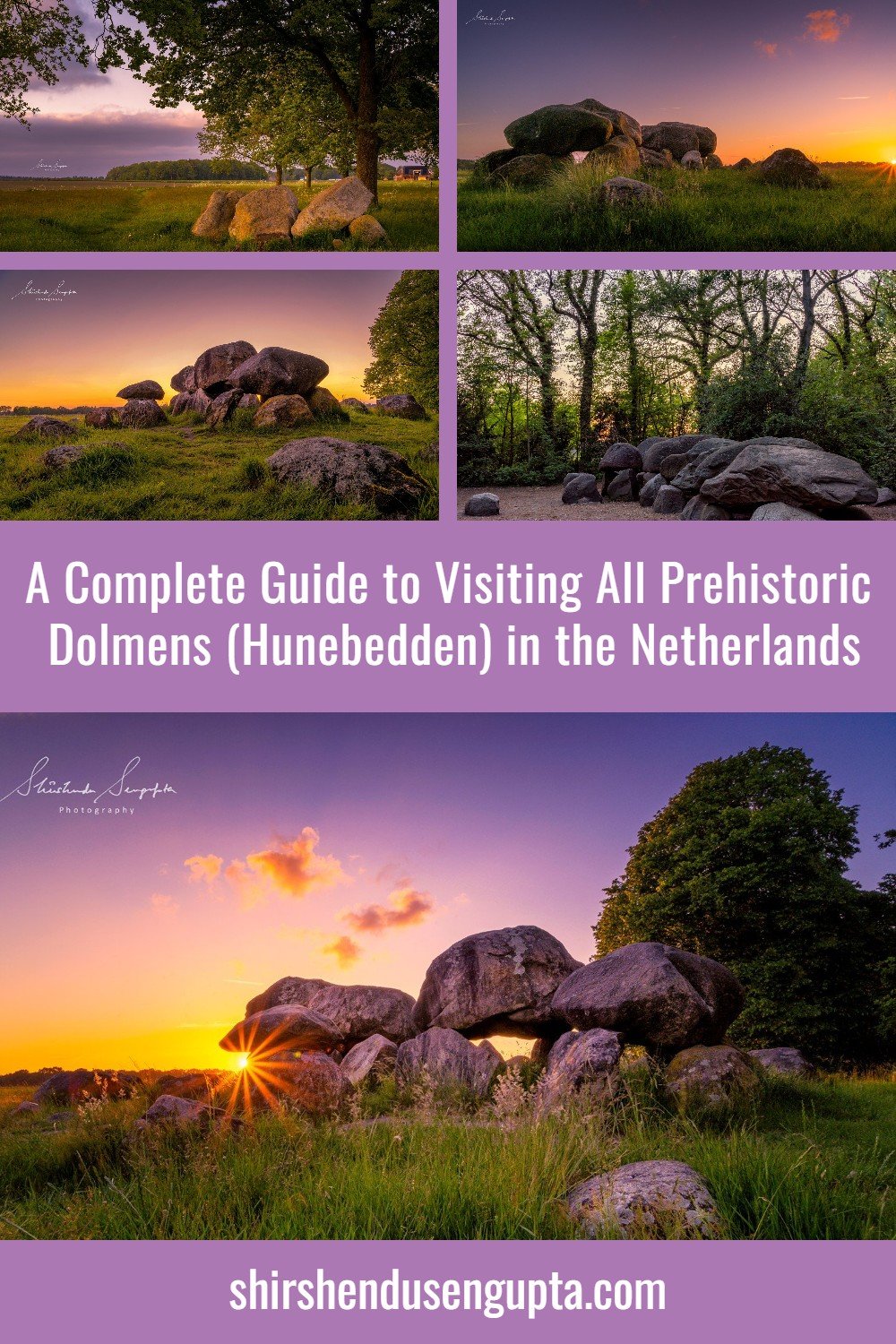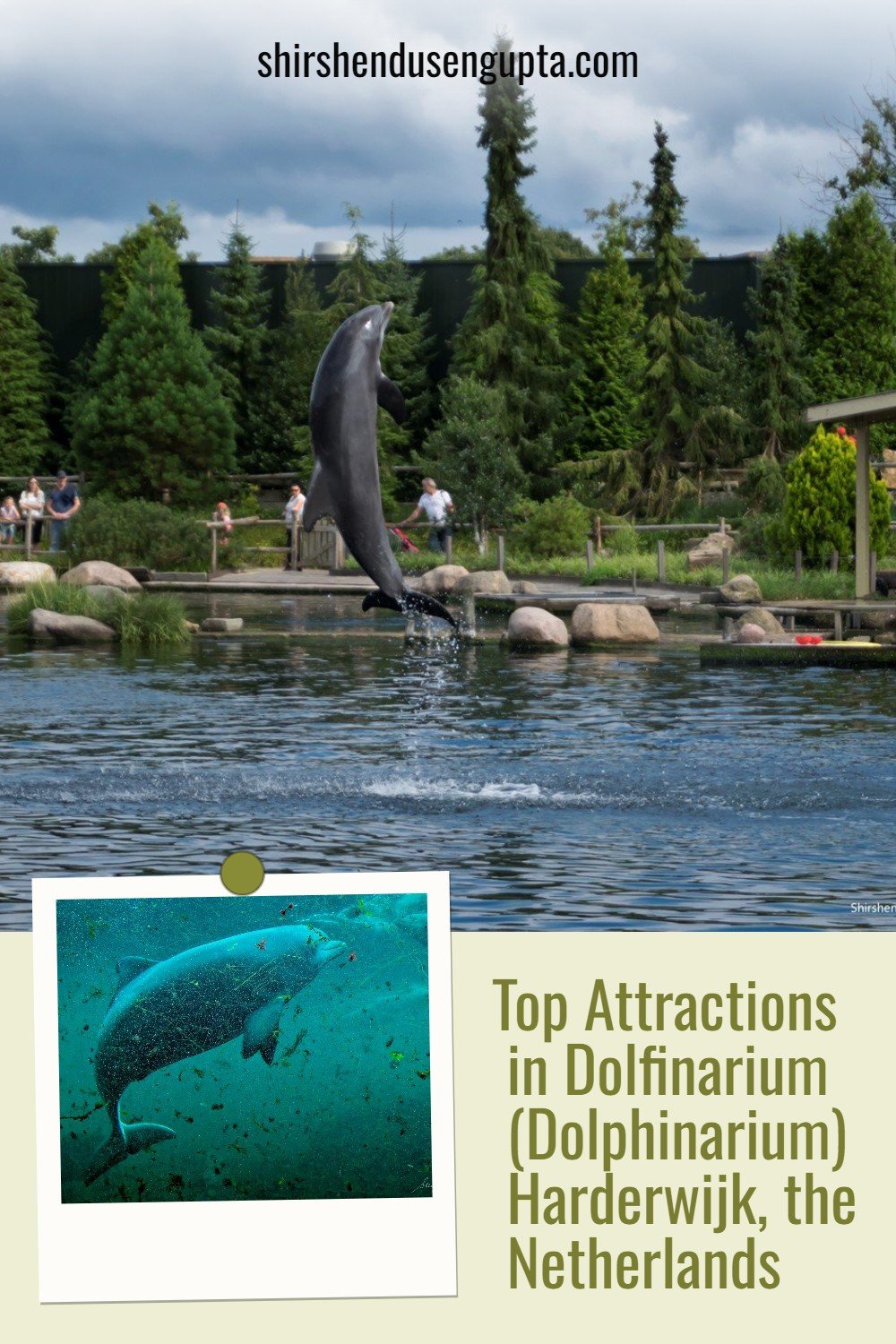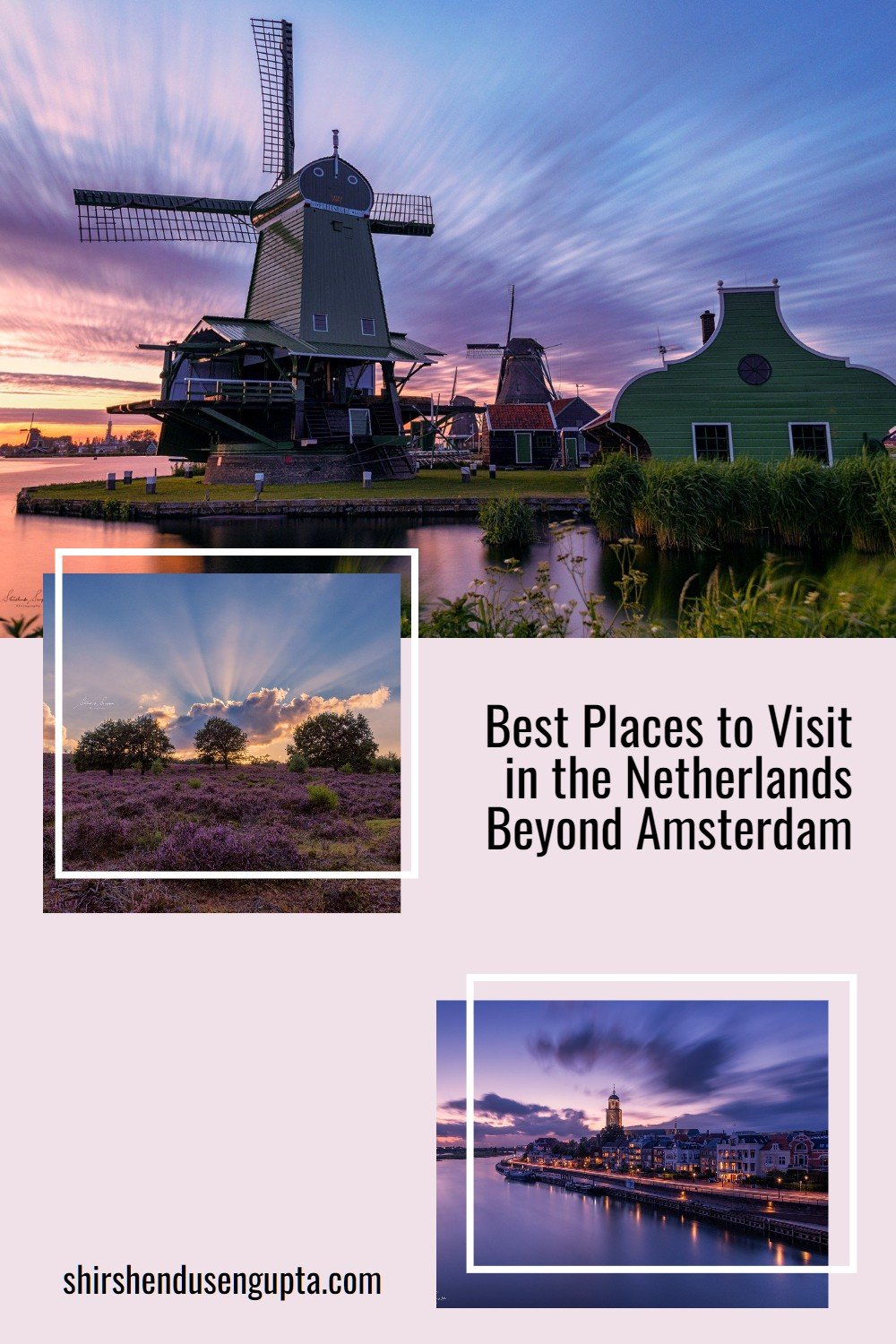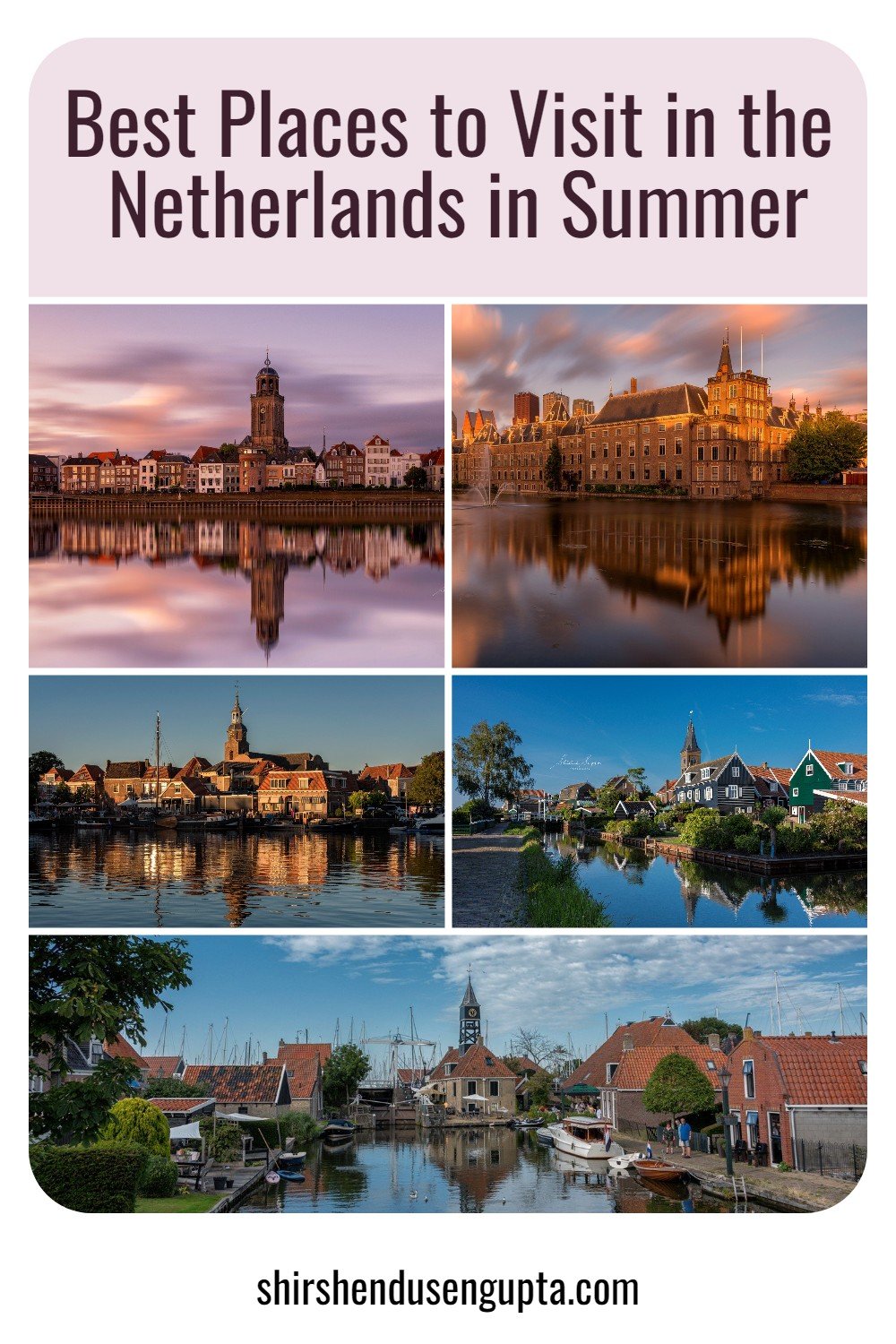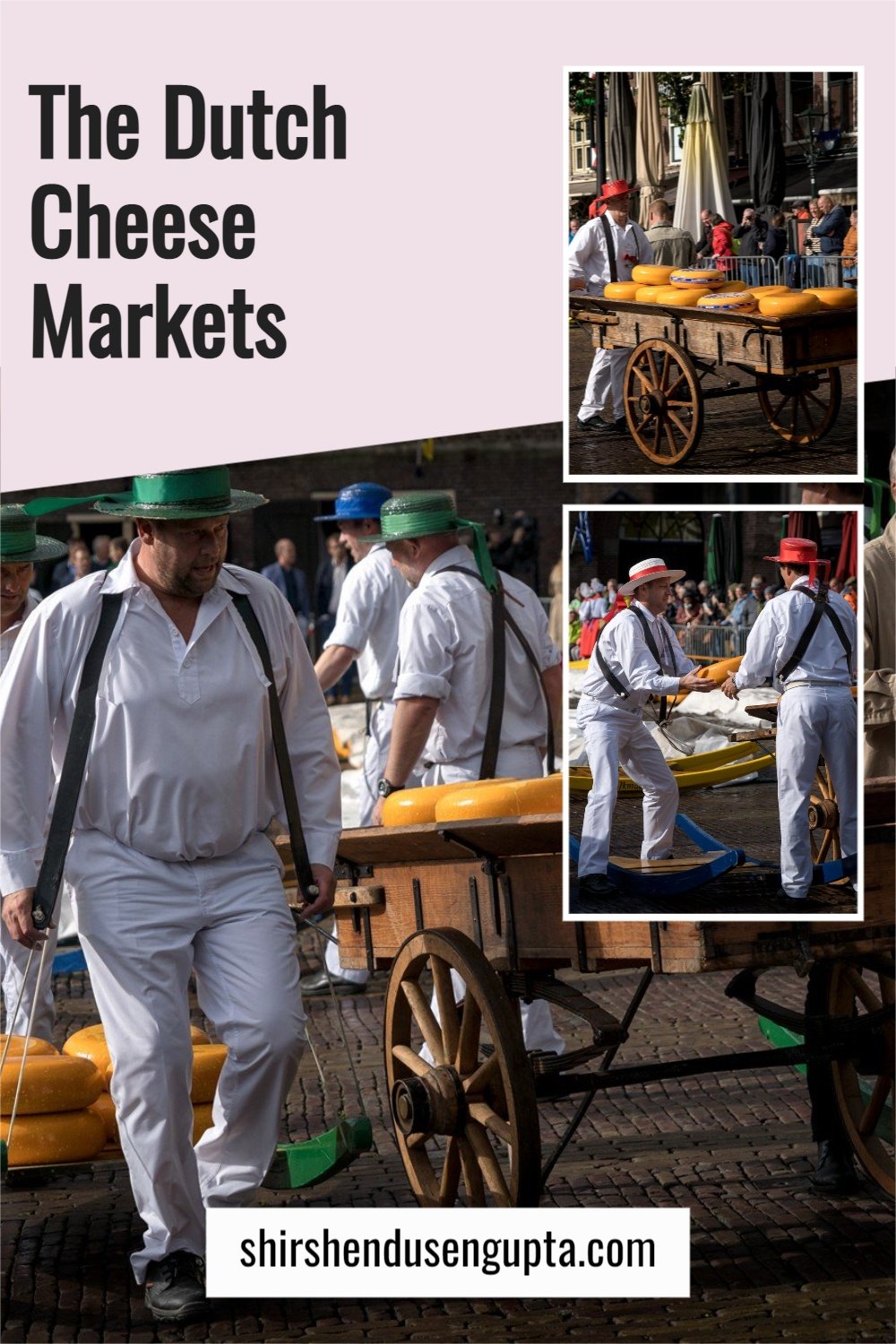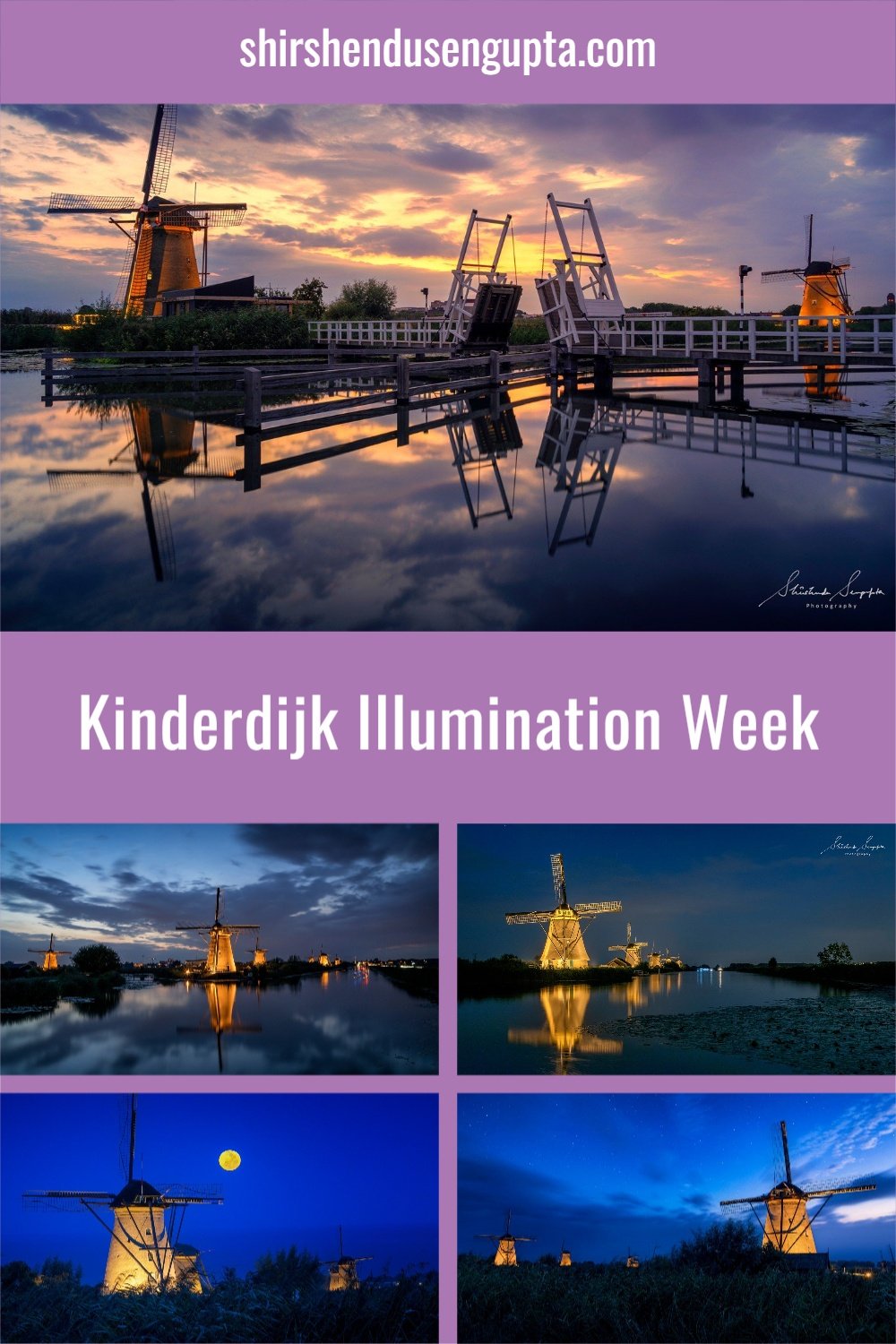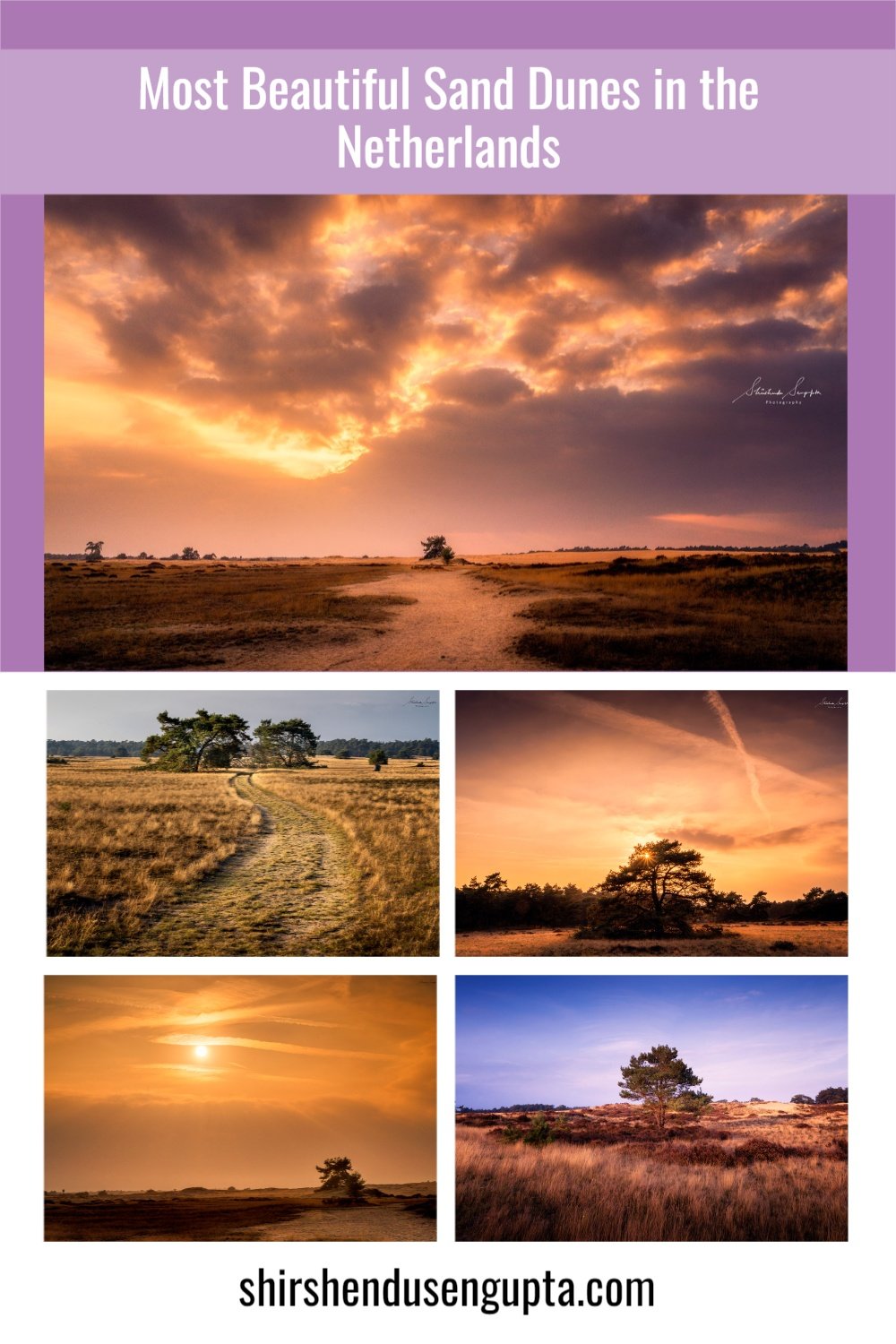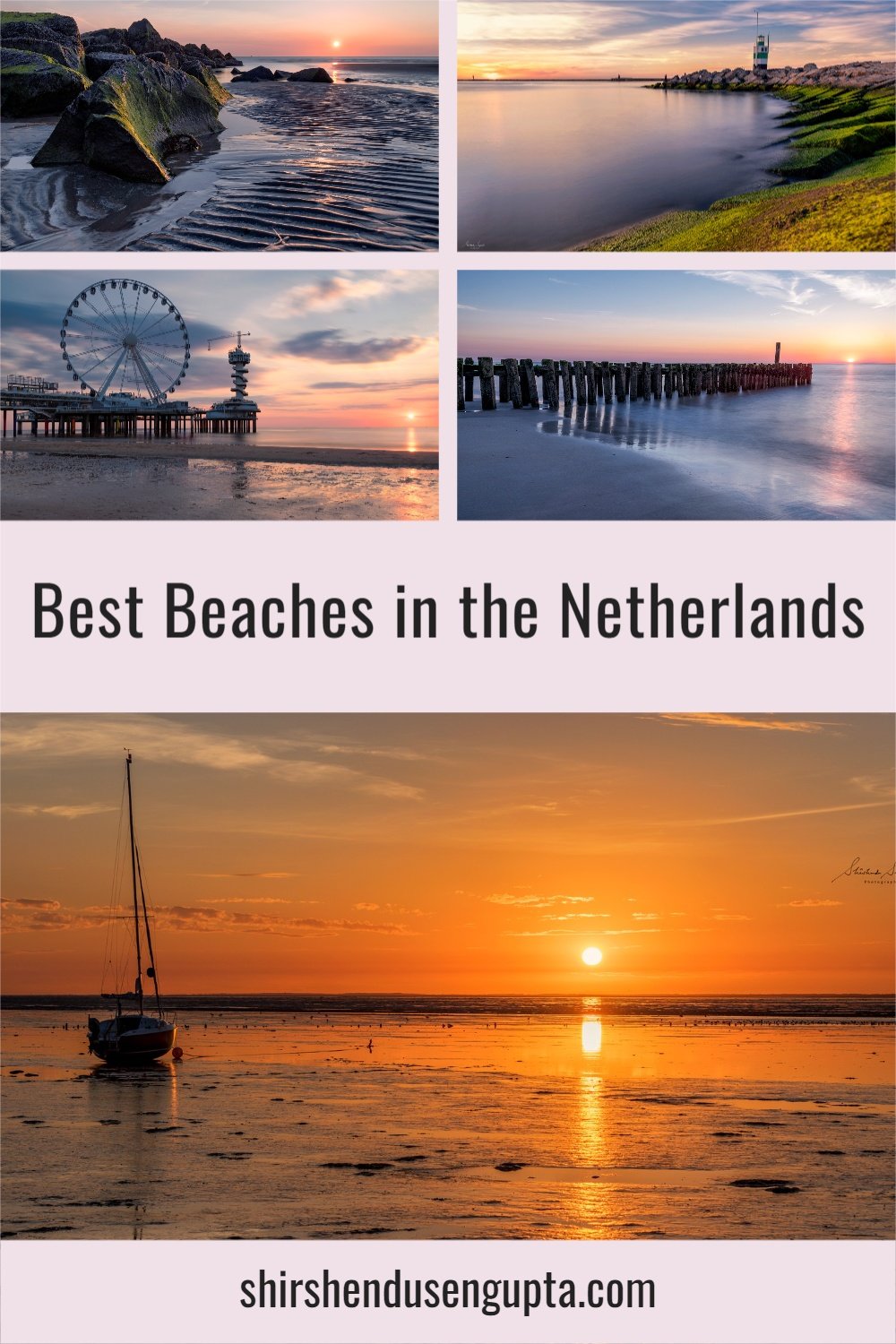First Timer’s Guide to Visiting the UNESCO World Heritage Windmills of Kinderdijk | Tips on the Best Things to See and Do on a First Time Day Trip to Kinderdijk
The UNESCO World Heritage Windmills of Kinderdijk
In the gorgeous wetlands around Dordrecht, 25 kilometers east of Rotterdam, stands nineteen historic windmills, constructed between 1738 and 1740. The windmills of Kinderdijk were built to pump water out of the low-lying Alblasserwaard polder situated at the confluence of the Lek and Noord rivers, thereby preventing floods in the region. Today, they symbolize centuries-old Dutch engineering for water management. In 1997, they were included in the list of UNESCO World Heritage sites. The Windmills of Kinderdijk are one of the most photographed places in the Netherlands.
How did Kinderdijk derive its name?
According to an old Dutch legend, during the Saint Elizabeth flood of 1421, the farming region of Grote Hollandse Waard flooded, although the Alblasserwaard polder remained dry. When the terrible storm passed, a villager went to the dike between these two places to see what could be saved. He noticed a wooden cradle floating on the water in the distance. As he got nearer, he noticed some movement, and following closer inspection, he discovered that a cat was trying to keep the cradle balanced by hopping back and forth in such a way that water wouldn't flood it. As the cradle approached the dike's dry ground, he discovered an infant girl inside the cradle. Thus Kinderdijk obtained its name (meaning ‘Children's Dike’ in Dutch).
12 Best Things to See and Do in Kinderdijk
1. Walk or cycle through the network of the UNESCO World Heritage Kinderdijk Windmills
The best way to see all the 19 UNESCO World Heritage Kinderdijk Windmills is by taking a leisurely walk or by biking over the dike. And don’t forget to get your camera to capture the mesmerizing landscapes. If you plan to bike at Kinderdijk on your own bike, you need to get there by the waterbus (ferry) where you can carry your bike free of cost (refer to the ‘Visiting Kinderdijk’ section below).
Alternatively, you can hire a bike at the ‘Cafe De Klok’ (Molenstraat 117, 2961 AK Kinderdijk), around 500 meters from the entrance to the windmill area. If you are arriving from Alblasserdam (refer to the ‘Visiting Kinderdijk’ section below), you can hire a bike from ‘Tourist Info Alblasserdam’ (Zuiderstek 1, 2952 AZ Alblasserdam).
2. Take a tour of the ‘Nederwaard’ and ‘Blokweer’ museum windmills
Two of the windmills namely ‘Nederwaard Museum Mill’ and ‘Blokweer Museum Mill’ are open to the public on a daily basis.
Nederwaard Museum Mill - This mill has been occupied and run by members of the Hoek family for generations. This famed miller's family, symbolized by Jacob Hoek, first set foot on Kinderdijk soil in 1744. Once you enter the mill you will wonder that once this mill was home to a family with a dozen children crammed into a small space. Inside, you'll see black-and-white images from the Hoek family albums from back in the day. You'll get a sense of what a real miller must have felt as the sails spin outside and the internal mechanism creaks and moans all around you. The antique engine, which was built in 1738, is still in excellent condition.
Blokweer Museum Mill - This mill is distinct from its Kinderdijk counterparts. It's also older, as evidenced by the fact that it was just unearthed in a dusty city archive with its original proof of purchase. This hollow-post mill was built in 1630, according to the official receipt, making it well over a century older than any other in Kinderdijk. The entire top section of this hollow-post structure can be turned to face the wind. From the outside, you can see how the water is moved by the scoop wheel. You can also appreciate why a couple of goats and a vegetable garden were so important to make ends meet back in the day in the yard. You will also see millers moving around here dressed in traditional clothing.
Nederwaard Museum Mill
3. Step aboard the floating exhibition 'Alles Heeft een Tijd'
The barge 'Alles Heeft een Tijd' (which translates to 'Everything Has a Time') is docked next to the Blokweer Museum Mill's yard. It was constructed in 1914 to transport goods. This ship is unique in that it has never been motorized, allowing it to remain a relatively unaltered sailing vessel. The ship has been fully rebuilt and refurnished, and it currently serves as a floating exhibition where learn more about the Saint Elizabeth flood, the Alblasserwaard's water system, and the future concerns of climate change through three short films.
4. Take a boat trip
During your visit, take a ride on the tour boat. It's ideal for taking some beautiful photos. The vistas are breathtaking. The 'Cruiser' travels for 30 minutes round trip (until October). The 'Hopper' follows a set path all day, taking you to the Museum Mills of Nederwaard and Blokweer. The jetty along the Middelkade serves as the departure point for both excursion boats. Wheelchair access is available on both tour vessels. Dogs must be kept on a leash.
5. Visit the pumping station ‘Wisboom’
A gigantic building stands peacefully by the shimmering waters of the Kinderdijk basins, providing a vital link between the historical windmills of the past and the twin modern pumping stations that face them along the river dike. This is the majestic Wisboom pumping station, where the Kinderdijk approach to water management first gained traction in the early 1990s. It used to have a wheezing, pounding steam engine as its throbbing heart. As technology progressed, the steam-powered heart was eventually replaced with a whirling electrical engine.
Inside the Wisboom walls, you'll discover a wealth of information on the Kinderdijk windmill. By spinning the time wheels and listening to stories from bygone eras, you can travel through the past at your own speed. A tabletop polder replica showing a bird's eye perspective of the local Alblasserwaard area may be found right in the midst of the Wisboom building. It contains little windmills that you may run on your own, placing you in command as you prepare to deal with the wind and water's forces. Apart from these, there’s a cafe and a souvenir shop where you can buy anything that has anything to do with the Dutch or their windmills.
6. Watch the film at the secondary pumping station ‘Hulpgemaal De Fabriek’
The secondary pumping station ‘De Fabriek’ was renovated and reopened in April 2019. This enormous structure is located in the Lower Basin of the Overwaard. This is a reproduction of the original auxiliary pumping station, which has been supporting the Wisboom pumping station from 1953 until 1995 when it was demolished after the completion of the new G.N. Kok pumping station, that took over its role in regional water management. The unique feature of the secondary pumping station was its set of three pumps. These were machines left behind by US forces when they left the area after WWII ended.
Today, the multi-screen film at the De Fabriek Auxiliary Pumping Station takes you on a brief tour of Kinderdijk's history and the origins of the name Kinderdijk ('Children's Dike').
7. Check out the ‘Bird Theater’
Not only will you find a unique collection of windmills in Kinderdijk, but you will also find unusual birds if you look closely! Seven rare and endangered bird species, including the exquisite purple heron, thrive in the swampy reed beds. The Alblasserwaard is a part of the Natura 2000 project, a major European initiative. Plants, birds, and other animals find the safety they require here, ensuring that species and habitats do not become extinct. In the ‘Bird Theater,’ you will meet 22 characters from the Kinderdijk bird world. Some are extremely uncommon, while others are more frequent, but none is less precious.
8. Do the audio tour
Download the free Kinderdijk app and access the audio tour by inputting the number on your entrance ticket into the app.
9. Unwind and/or buy souvenirs at the Visitor’s Center
Princess Beatrix inaugurated the Visitor Center in 2019 which is part of the larger restoration of the Kinderdijk UNESCO World Heritage entry zone. There's a Giftshop on the ground floor with presents and (sustainable) products that represent the Netherlands and the Kinderdijk atmosphere. At the Kinderdijk-cafe, you can choose to unwind as you gaze out over the mills, relax with a cup of coffee, an alcoholic or non-alcoholic beverage, or a freshly made sandwich. When the weather is nice, the lovely outdoor patio overlooking the water is a great spot to relax. The restrooms are in the basement.
10. Skate on the frozen canals during winter
In the Netherlands, generally, during winter, there isn’t a lot of snowfall or frozen canals for skiing or skating opportunities. That’s why Alpine skiing holidays are trendy among the locals. And if such a rare situation occurs that the canals are frozen for over a week, the winter gears in sports shops across the country get sold out in a couple of days. So if you happen to be in the Netherlands, when the canals of Kinderdijk have frozen, grab your winter gear and get on the canals of Kinderdijk to do some skating.
11. Visit Kinderdijk during the ‘Illumination Week’
The UNESCO World Heritage Windmills of Kinderdijk shine like bright beacons against the dark evening skies during Illumination Week (which happens every year around the first or second week of September), when they literally shine a spotlight on each of the nineteen mills. This is a once-in-a-lifetime opportunity for photographers looking for truly unique photographs. During this week you can follow various workshops, visit windmills and go on a boat tour.
To know more about the Illumination Week and the best things to do at Kinderdijk during the event, please read our article 8 Best Activities during Illumination Week Event 2026 at UNESCO World Heritage Windmills of Kinderdijk | 8 Beste Activiteiten tijdens Kinderdijk Verlichtingsweek Evenement 2026.
12. Other activities near Kinderdijk
If you have time after doing the above, you can opt for visiting the surrounding area like Rotterdam, the port city, and Dordrecht, arguably the oldest city in the Netherlands. National Park De Biesbosch, a rare freshwater tidal area with particularly distinctive vegetation and creatures, is another attraction in the surrounding area.
Visiting Kinderdijk
Bus: To reach Kinderdijk by bus, you need to take a train to the Rotterdam Centraal train station. From there you need to take the RET metro line A/B/C to the metro station Kralingse Zoom and thereafter the bus 489 to Kinderdijk. The bus 489 runs twice an hour, seven days a week. Check the timing of the buses on 9292.nl on the day of your journey to plan your travel.
Waterbus (Ferry): In my opinion, the best way to visit Kinderdijk by public transport is by the waterbus (ferry). The first reason is that the route is scenic and the second is that you can carry your bike free of cost on the waterbus if you plan to bike at Kinderdijk on your own bike. To reach Kinderdijk by waterbus, you need to take a train to the Rotterdam Centraal train station. From there you can either walk 2 kilometers or take a tram to the Erasmusbrug (Erasmus Bridge) ferry stop. From there you need to take the ferry line 21 towards Dordrecht which has a stop at Kinderdijk. It takes around thirty minutes to cruise up to Kinderdijk.
However, this direct ferry from Rotterdam to Kinderdijk runs only during peak season (May to October). In the winter, there are no direct ferries running between Rotterdam and Kinderdijk. You first need to take the ferry line 20 from Rotterdam to Ridderkerk and then transfer to the ferry ‘Driehoeksveer’ towards Krimpen aan de Lek which stops at Kinderdijk. Alternatively, you could also disembark the ferry line 20 at Alblasserdam, and take the bus 489 to Kinderdijk (the first time we visited Kinderdijk by public transport, we chose this option) or bike to Kinderdijk if you had carried your own bike on the ferry.
But whatever ferry line you take, please bear in mind that the last ferry back to Rotterdam departs around 17:00, so check the timetable on waterbus.nl to plan your travel in advance.
Car: To me, the best way to visit Kinderdijk is by car. The beauty of traveling to Kinderdijk by car is that you can reach before the sunset or stay until/beyond the sunset (which can be as late as 23:00 during the peak summer month of July) without having to worry about the timing of the last ferry/bus back home.
Parking: The official visit parking of Kinderdijk is 15 minutes bus ride away from Kinderdijk (Marineweg 3, Alblasserdam) available at a cost of €7.5 which you need to buy online. There is a small disabled parking lot near the Visitors Center (Nederwaard 1, Kinderdijk). On the weekends, you can park for free at the bigger parking lot of the Royal IHC shipyard (Smitweg 6, 2961 AW Kinderdijk), which is a 10-minute walk away. This’s where we normally park when we go to Kinderdijk by car.
Opening Hours and Ticket Prices: The dike between the Kinderdijk windmills is free to walk/cycle any time of the day. However, to visit the museum windmills, floating exhibition, and boat trips you need to buy an entry ticket. For more information on the opening hours and ticket prices, please visit their website mentioned below.
Website: kinderdijk.com
Epilogue
So those were the 12 best things to see and do in Kinderdijk. Please let us know in the comments below if you enjoyed reading this article.
And if you want to know more about such places to visit iconic windmills in the Netherlands, please read our article 12 Best Places to See the Most Iconic Windmills in the Netherlands | 12 Most Famous Dutch Windmills | Visit The Most Beautiful Windmills of Holland, or if you want to know more about such beautiful photography locations in the Netherlands, please read our article Instagrammable Netherlands | 39 Best Photography Locations in the Netherlands | 39 Top Photo Spots in the Netherlands. Until then, merry traveling and happy shooting!
Pin the article
Bookmark the article for reading later!
Want to license/buy photos in the article?
License photos for commercial/editorial use or buy photo prints!
Want us to write an article for you?
Articles for magazines, newspapers, and websites!
Watch our Videos
Check out our videos on our Youtube Channel!
Join the Newsletter
Get updates on our latest articles!
We respect your privacy. Read our policy here.



